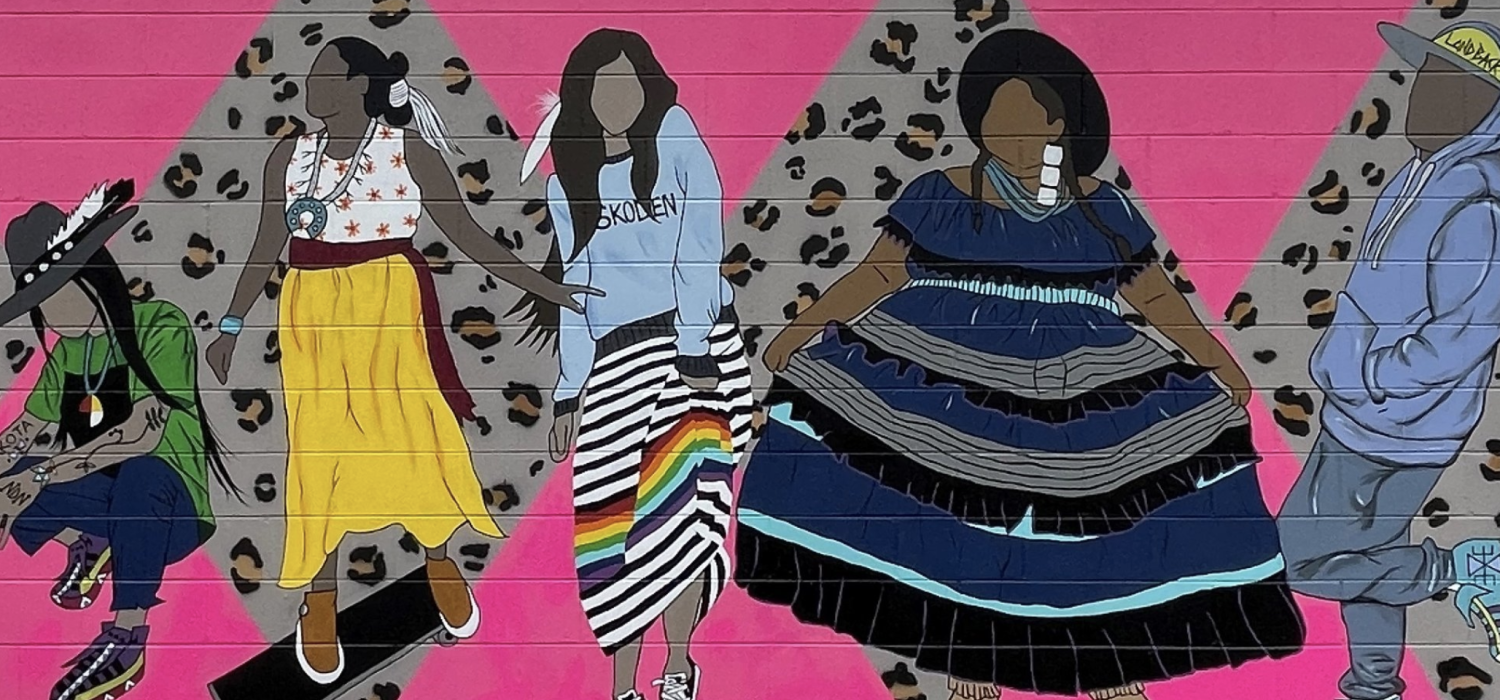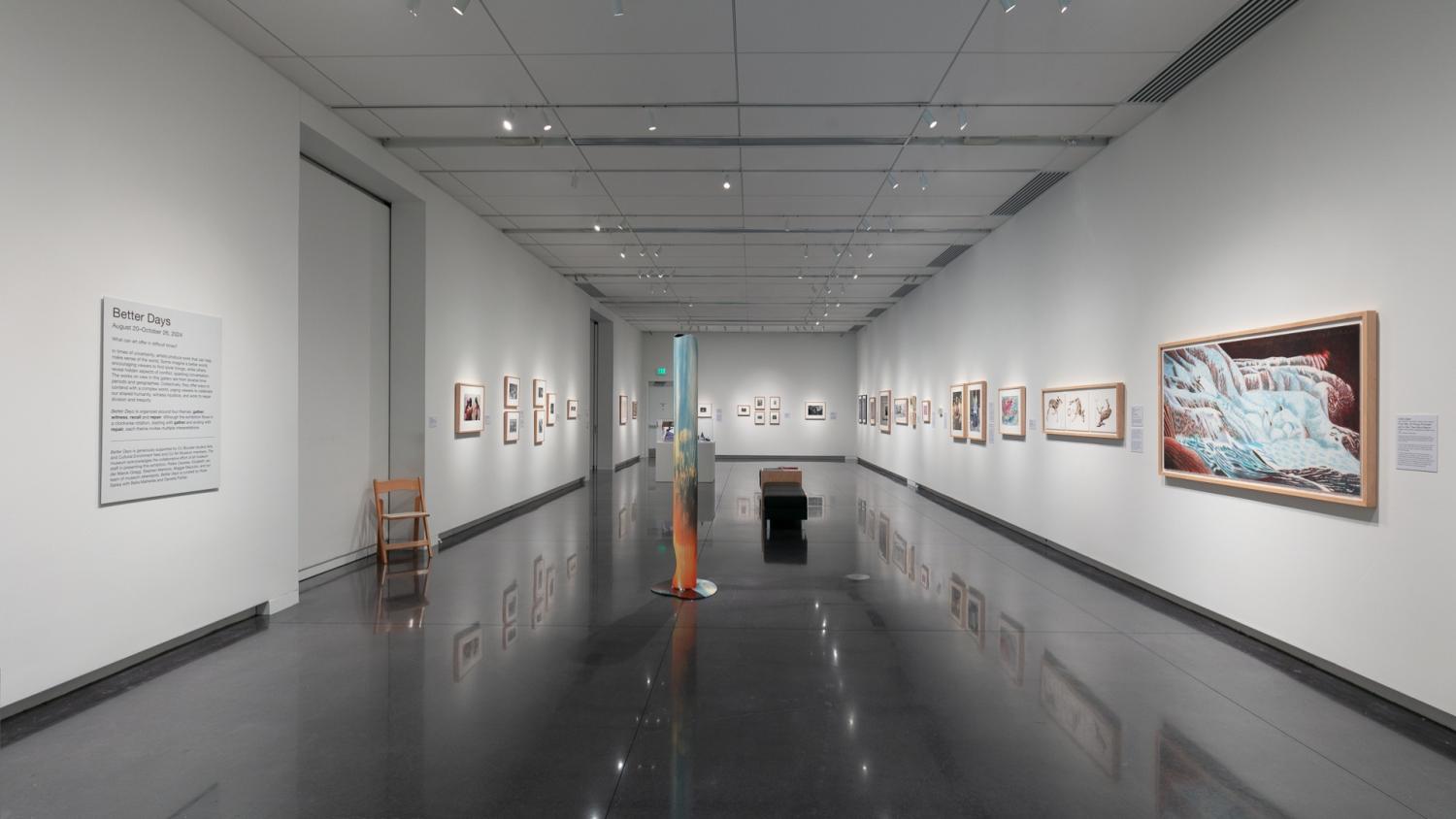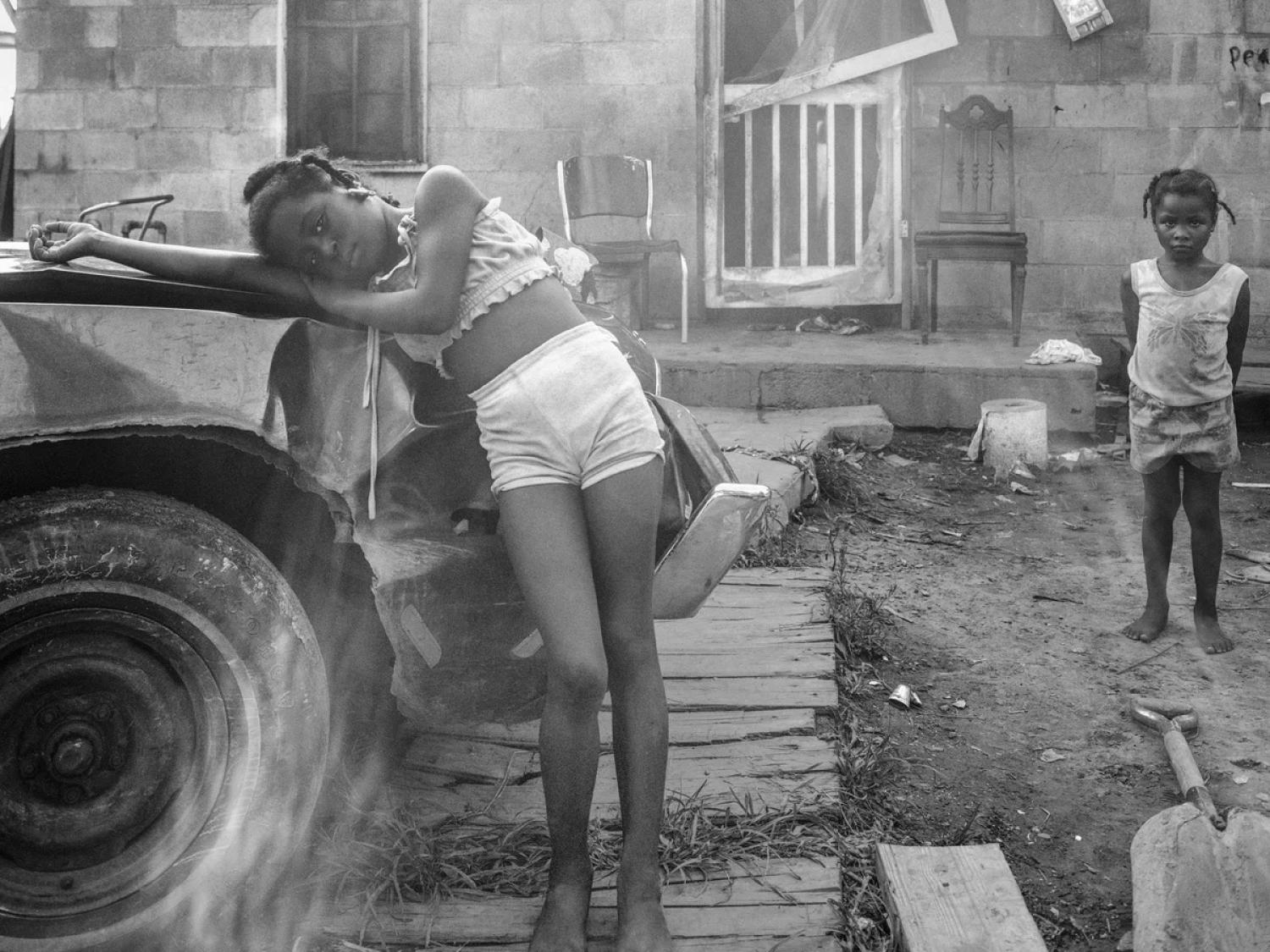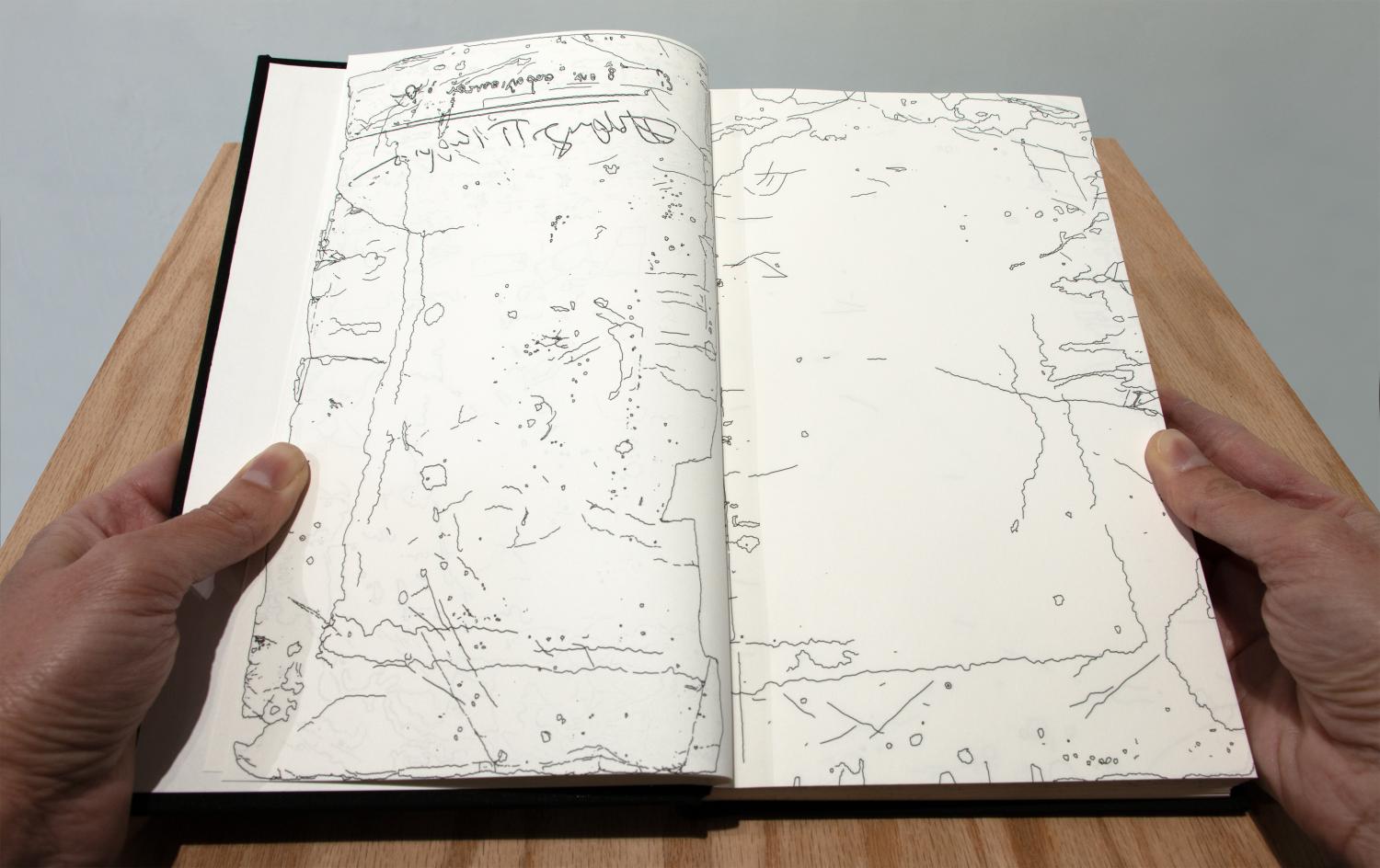News, March 4, 2025
Upcoming Events

An Afternoon with Danielle SeeWalker
Join us this Friday for a visit from Danielle SeeWalker (Hunkpapa Lakota), who will be providing a mobile tour of her murals on campus, followed by an artist’s talk.
Events on Friday, March 7, 2025
- Mobile Tour from 2:30-3:30 pm
Meet at Ketchum Building—east entrance - Artist’s Talk from 4:30-6:30 pm
Paleo Hall, CU Museum of Natural History
This event is organized by Ethnic Studies, funded by the Mellon Foundation, and co-sponsored by the Center for Native American and Indigenous Studies, the CU Art Museum, and the Departments of Art & Art History and Women & Gender Studies.
About the Artist: Danielle SeeWalker is Húŋkpapȟa Lakȟóta and citizen of the Standing Rock Sioux Tribe in North Dakota. She is a fine artist, muralist, writer, activist, and boymom of two, based in Denver, Colorado. Her visual artwork often incorporates the use of mixed media and experimentation while incorporating traditional Native American materials, scenes, and messaging. Her artwork pays homage to her identity as a Lakȟóta wíŋyaŋ (woman) and her passion to redirect the narrative to an accurate and insightful representation of contemporary Native America while still acknowledging historical events.
Alongside her passion for creating visual art, Danielle is a freelance writer and published her first book in 2020 titled, “Still Here: A Past to Present Insight of Native American People & Culture.” She is also very dedicated to staying connected and involved in her Native community and has served as a mayoral appointed City Commissioner for the Denver American Indian Commission since 2019. Danielle has also been working on a personal, passion project since 2013 with her long-time friend called The Red Road Project. The focus of the work is to document, through words and photographs, what it means to be Native American in the 21st century by capturing inspiring and positive stories of people and communities within Indian Country.
The King Awards 2025
The Awards Ceremony and Reception
Friday, March 7th, 4 to 6 PM
Visual Arts Complex, 1st floor lobby
Congratulations to all the King Award Finalists
- Undergraduate Students:
Riley Ramsey, Jane Strode, Rebecca Nagel, Iris Yu, Nicole Sansglyph
- Graduate Students:
Ethan Cherry, Ben Grossi, Devon Narine-Singh, Maya Buffett-Davis, Ana González Barragán

CU Art Museum Panel Discussion
COVID 5 Years Later: A Conversation
Thursday, March 13, 2025 | 4–6 PM | CU Art Museum | Treats provided
Join the CU Art Museum and the Center for Humanities & the Arts (CHA) for a panel discussion reflecting on the personal and collective experiences of COVID-19. This event marks the 5th anniversary of CU Boulder’s campus closure due to the pandemic and is inspired by the Better Days exhibition, which explores how art helps us navigate uncertainty, heal, and reimagine the world. Attendees will have the opportunity to share their own reflections on the pandemic through provided response cards.
RSVP Here: www.colorado.edu/cha/COVID-5YearsLater

Visiting Artist Lecture Series: Baldwin Lee
Monday, March 17, 2025 4pm to 5pm
Visual Arts Complex Auditorium, 1B20
Baldwin Lee is a Chinese-American photographer and educator known for his photographs of African-American communities in the Southern United States. He has had solo exhibitions at the Chrysler Museum of Art and the Museum of Contemporary Art of Georgia, and received a Guggenheim Fellowship. His work is held in many private and public collections including the Museum of Modern Art in New York, Yale University Art Gallery, and the National Gallery of Art in Washington, DC.
In 1982, he became an art professor at the University of Tennessee, where he founded the university's photography program. He then decided to take a tour of the Deep South, covering 2,000 miles over the course of ten days. During this trip, Lee widely photographed the people, landscapes, and cities of the South, producing roughly 10,000 photographs. In his work, Lee strived to represent his subjects as individuals with vibrant personalities, rather than reducing them to stereotypes or emphasizing their poverty.
Faculty News


